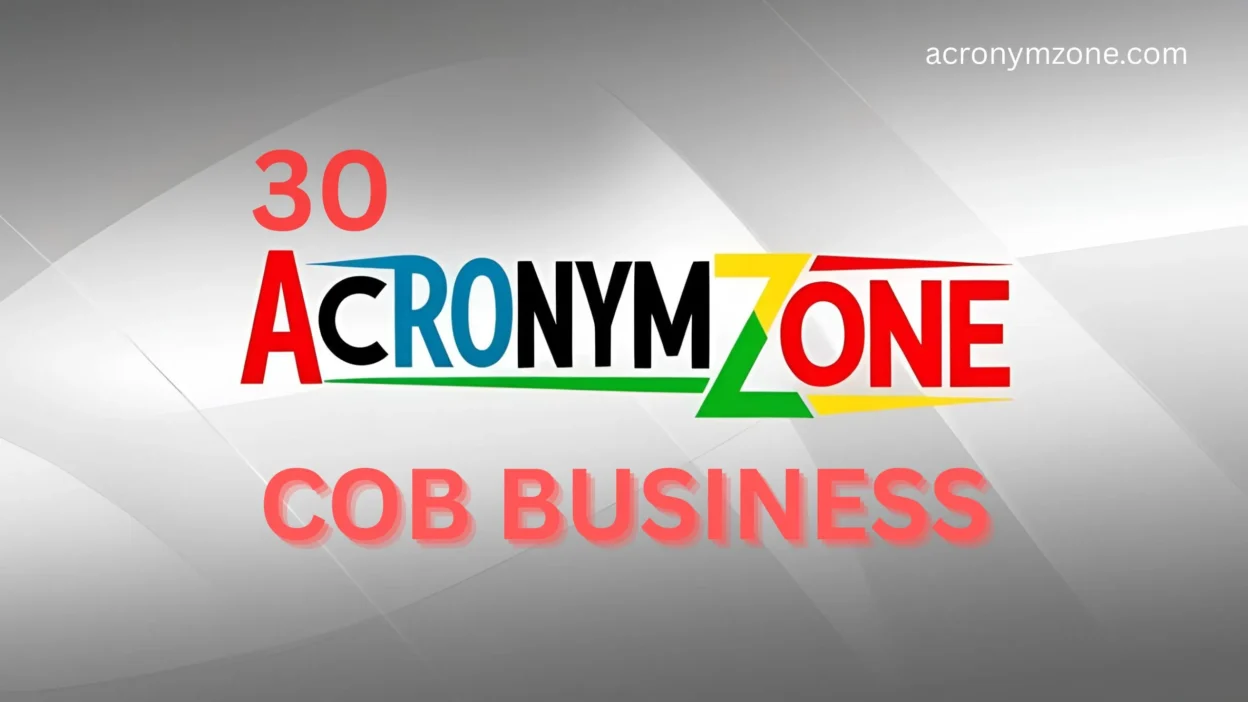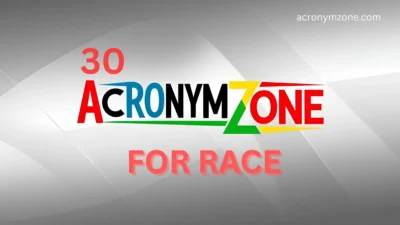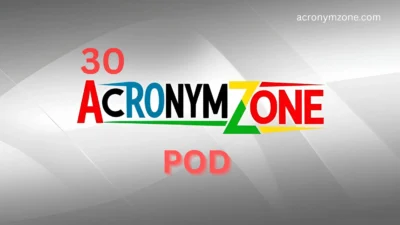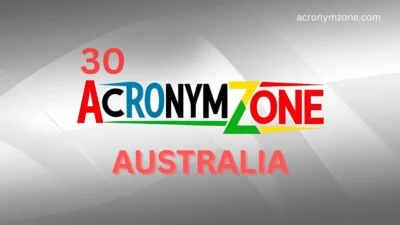In the world of business, the term “COB” is a common acronym that stands for Close of Business—usually referring to the end of the business day, typically around 5 or 6 PM. It’s often used in emails, project timelines, and corporate communications to set deadlines, like:
“Please submit your report by COB Friday.”
But beyond this standard meaning, COB in business contexts can represent a broader tone of professional urgency, routine closure, time sensitivity, or operational precision.
In this article, we’ll explore 30 alternative acronyms, phrases, or expressions that capture the spirit of COB but with different nuances—ideal for writers, managers, team leads, and communicators looking to refine how they speak about time and task management.
Let’s break down when each alternative is most appropriate, how to choose the right one for different tones and cultures, and offer usage examples to make each clear and actionable.
📘 What COB Represents in Business Culture
COB isn’t just a time marker. It communicates:
- Urgency – A clear expectation of a deadline.
- Formality – Often used in structured environments like corporate offices.
- Clarity – Leaves little ambiguity about timing.
But depending on tone, audience, or time zones, COB can sound either polite and professional—or stiff and outdated. So let’s explore what other options you can use.
🧠 30 Alternatives to “COB” (Close of Business) with Usage Tips
Here’s a list of 30 alternatives, including phrases, acronyms, and terminology that capture the same meaning with varied tone and context.
1. EOD (End of Day)
Same as COB, but less formal.
“Please send the invoice EOD Wednesday.”
2. By 5 PM
Clear and specific; no acronyms.
“Let’s finalize the slides by 5 PM.”
3. By Close
Short and snappy, often used in retail.
“Get all daily entries updated by close.”
4. By Day’s End
Slightly poetic; fits formal or editorial styles.
“Please return feedback by day’s end.”
5. Before Signing Off
Casual and tech-friendly, used for remote teams.
“Wrap up the bug report before signing off.”
6. Before Clock-Out
Informal; fits shift-based environments.
“Make sure stock levels are logged before clock-out.”
7. By Cutoff Time
Highlights a deadline without stating a specific hour.
“Applications must be submitted by cutoff time.”
8. End of Business Hours
More explanatory than COB.
“Customer queries will be addressed by end of business hours.”
9. EOBT (End of Business Time)
Less common variant of COB.
“EOBT Monday is our internal goal.”
10. Before COB
Used when referencing COB as a formal marker.
“All approvals must come in before COB.”
11. Final Hour
Dramatic tone; often used in creative or sales work.
“We’re entering the final hour—push your offers now!”
12. Before Wrap-Up
Informal and collaborative tone.
“Update the board before wrap-up today.”
13. Today’s Deadline
Emphasizes urgency with less rigidity.
“Complete onboarding tasks by today’s deadline.”
14. This Evening
Implied deadline by nighttime.
“I’ll need your edits this evening, please.”
15. EOTD (End of the Day)
A softer-sounding acronym than COB.
“Please confirm logistics EOTD.”
16. Pre-Close
Indicates action must happen before the official end.
“Ensure all documents are signed pre-close.”
17. Business Close Time
Good for global teams; sets time expectations.
“Let’s sync before business close time in your zone.”
18. Workday End
Friendly and specific.
“Finish coding tasks by workday end.”
19. Cutoff Point
Useful for scheduling tools or automated systems.
“No edits will be accepted past the cutoff point.”
20. Final Business Hour
Used to emphasize the tail end of the day.
“Responses should come in during the final business hour.”
21. Shift End
Ideal for hourly or shift workers.
“Log inventory before your shift end.”
22. End of Office Hours
Polite and clear.
“We will reach out again at the end of office hours.”
23. Before Day’s Close
A formal alternative.
“Let’s resolve this before day’s close.”
24. Closeout Time
Often used in logistics, sales, and production.
“Meet your targets before closeout time.”
25. Today’s Close
Friendly, informal.
“Send me the file by today’s close.”
26. Daily Deadline
Emphasizes repeat routine.
“We follow a 3 PM daily deadline for content.”
27. Business Wrap-Up
Great for end-of-day meetings or recaps.
“We’ll discuss client issues in the business wrap-up.”
28. Clocking Out Time
Suits casual or employee communication.
“Tasks should be done by clocking out time.”
29. By Office Shutdown
Used when lights are literally going off.
“All files need saving by office shutdown.”
30. End of Shift Deadline
Clear and specific to rotating schedules.
“QA must be complete by end of shift deadline.”
🎯 Choosing the Right Alternative Based on Tone and Context
When selecting an alternative to COB, consider these key factors:
| Situation | Best Alternatives |
| Corporate emails | COB, EOD, EOTD, By 5 PM |
| Remote team management | Before signing off, Wrap-up, End of workday |
| Global collaboration | Business close time, Cutoff point, End of office hours |
| Creative work or startups | Final hour, Today’s deadline, Before clock-out |
| Shift or retail jobs | Shift end, Clocking out time, End of shift deadline |
🌍 Cultural & Emotional Considerations
- Formal vs. Informal: Use COB, EOD, or By Day’s End in formal environments. Go with Before signing off or Wrap-up time for more casual or startup settings.
- Clarity in Time Zones: For international teams, avoid acronyms like COB without specifying the time zone. Instead, say:
“Please send by 6 PM PST (your COB).” - Avoiding Miscommunication: Be explicit with timing in critical scenarios (like contracts, legal, or finance). Instead of “COB,” say:
“Submit by 6:00 PM EST on Friday, June 7.”
✅ Conclusion
Whether you’re managing a project, following up on tasks, or assigning deadlines, the way you refer to Close of Business can shape your tone, clarity, and professionalism. Choosing the right alternative to COB helps you:
- Communicate clearly across departments and cultures
- Match the formality of your workplace
- Avoid ambiguity in timing
- Keep your team aligned and productive
So next time you’re tempted to write “COB” in an email, consider whether a more natural, clear, or culturally aware alternative might serve your message better.
Because great communication isn’t just about what you say—it’s when and how you say it.

Jhony Osta is a contemporary Lebanese pop singer known for performing at live music venues and events, particularly within the Lebanese diaspora in Canada. His music falls under the Pop genre.He released the single and music video “Bala Matroud” in 2023.You can follow his updates and music on social media platforms like Instagram and Facebook.




